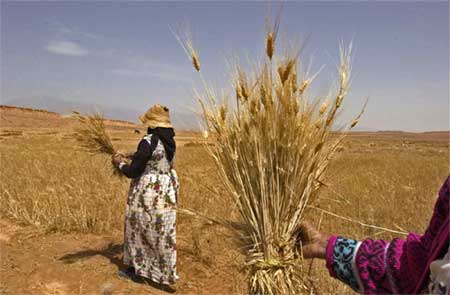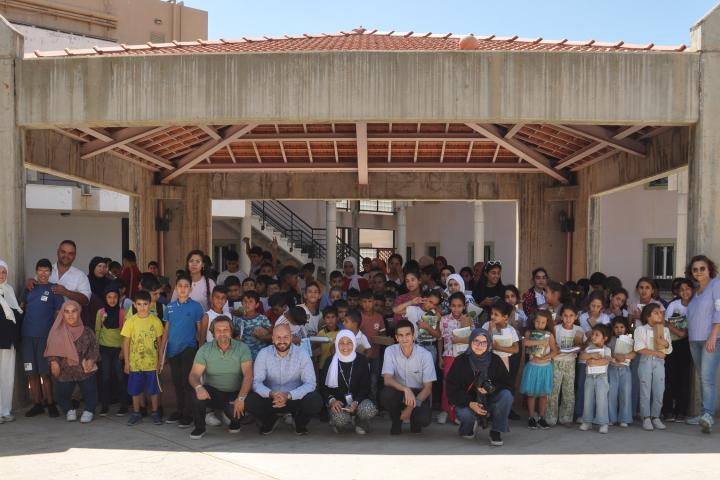On 18 December 1979, the United Nations General Assembly adopted the “Convention on the Elimination of All Forms of Discrimination against Women”, CEDAW, to break the isolation and strings that women were bound by on the basis of sex alone. The said Convention calls for drafting special national legislation to prohibit discrimination and recommends taking measures to ensure real equality between men and women, as well as taking steps to adjust dominant social and cultural patterns that prolong such discrimination.
Through its Centre for Women, UN-ESCWA introduces concerned parties in member states, i.e. parliamentarians, law-makers and others, to this Convention, training them to use it through workshops and trainings, the last of which was organized in Manama, Bahrain. Additionally, UN-ESCWA follows up the implementation of CEDAW provisions in member countries.
CEDAW was born of the United Nations belief that comprehensive development, welfare, peace, and social advancement cannot be achieved without doing women justice, nor without the women’s active participation in society. CEDAW therefore struggles against all forms of discrimination against women, defined by the UN as “any distinction, exclusion or restriction made on the basis of sex which has the effect or purpose of impairing or nullifying the recognition, enjoyment or exercise by women, irrespective of their marital status, on a basis of equality of men and women, of human rights and fundamental freedoms in the political, economic, social, cultural, civil or any other field.”
The Convention, which has succeeded in collecting 185 signatories so far, seeks to guarantee women equal rights with men, in political, social, economic, cultural, and civic spheres, and even within the family circle. It deals with the general status of women, irrespective of their marital status. It also deals with the proper concept of motherhood as a social occupation, and with the participation of both men and women in the responsibilities of the family and the household. It also stipulates the elimination of discrimination, and the existence of the same opportunities for men and women in education, employment, healthcare, and legal capacity. The Convention also gives special attention to the status and issues of rural women.




